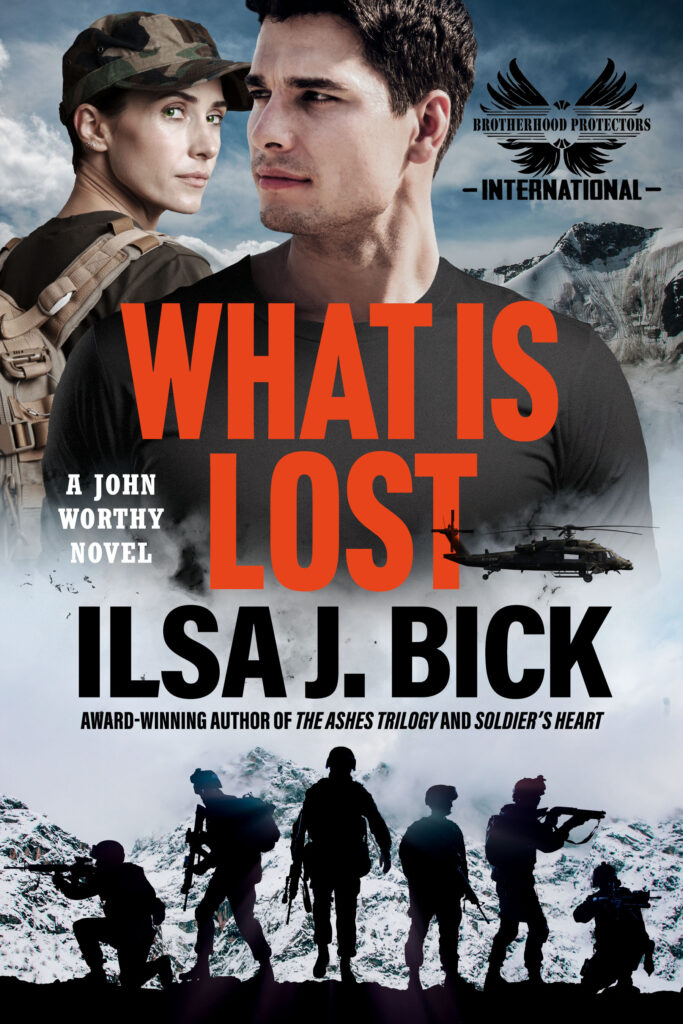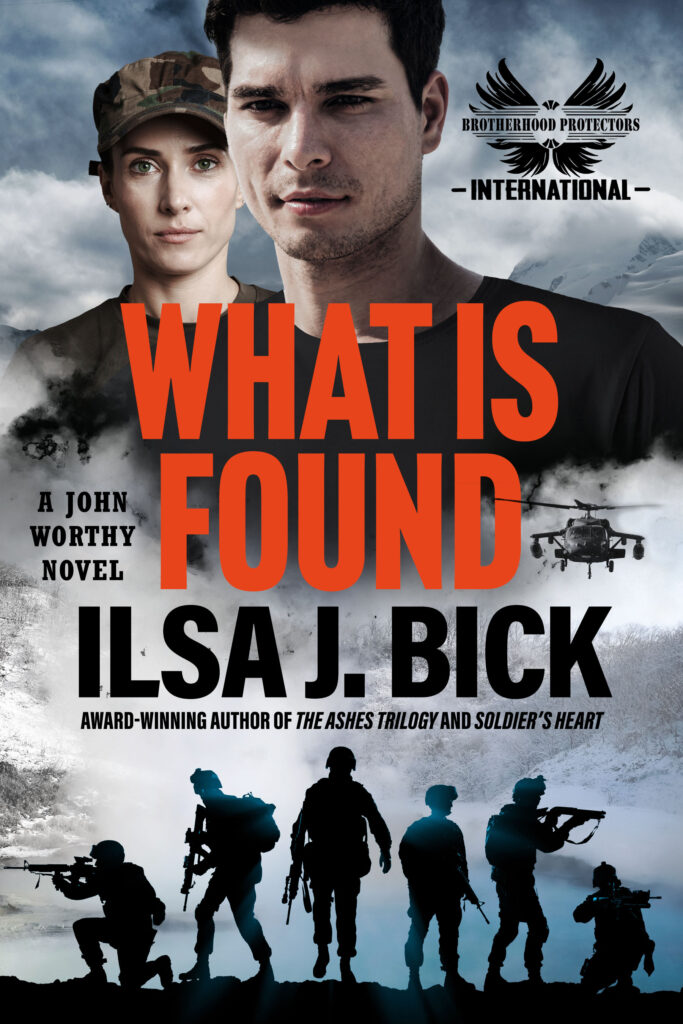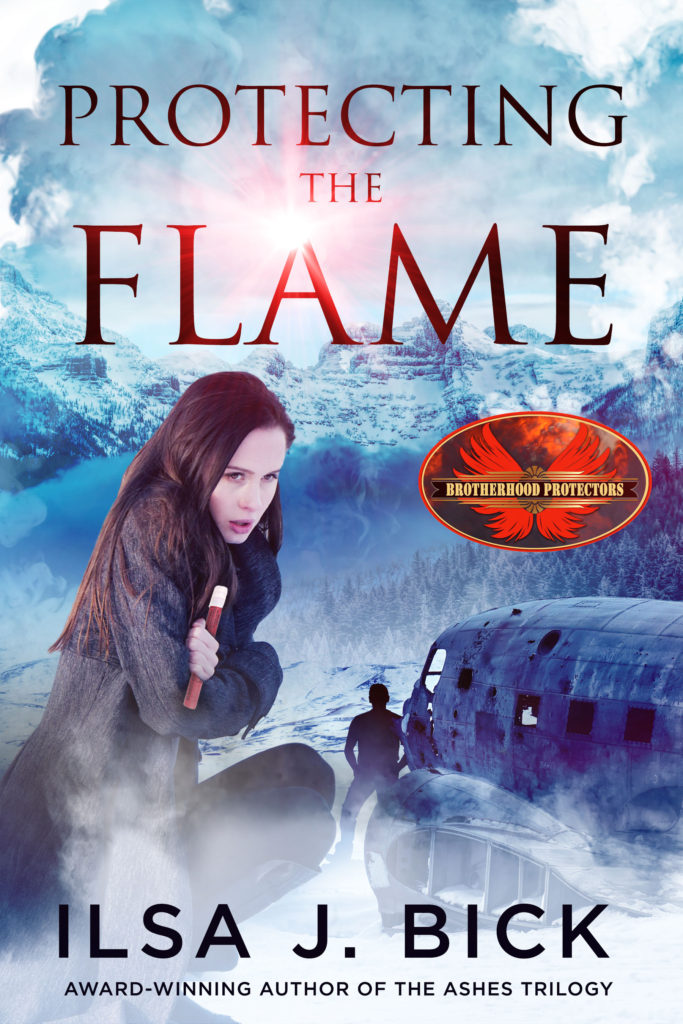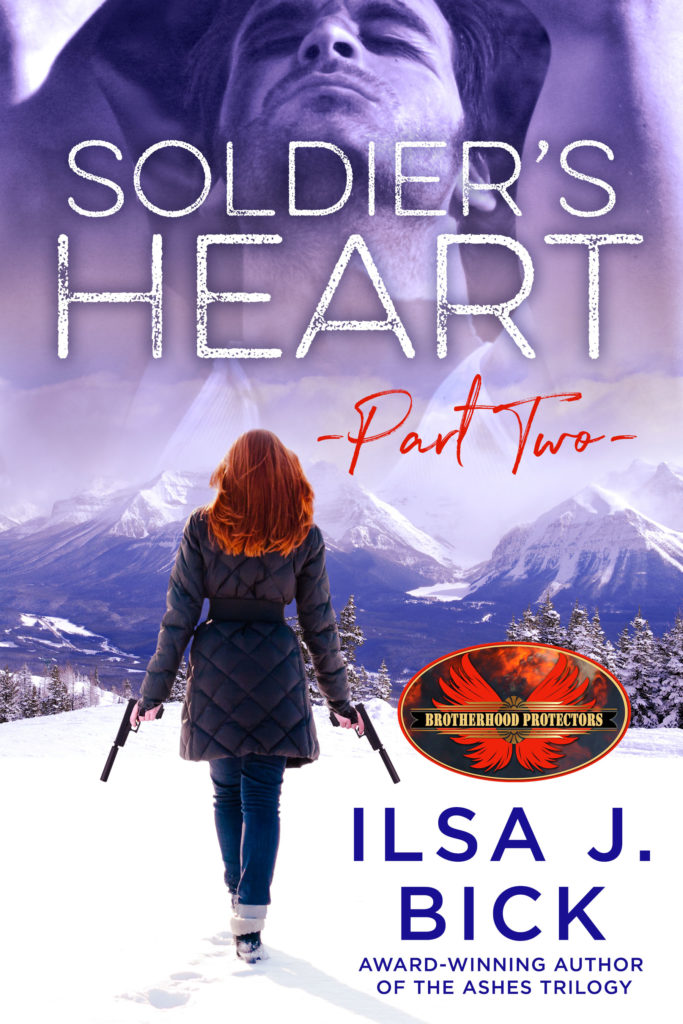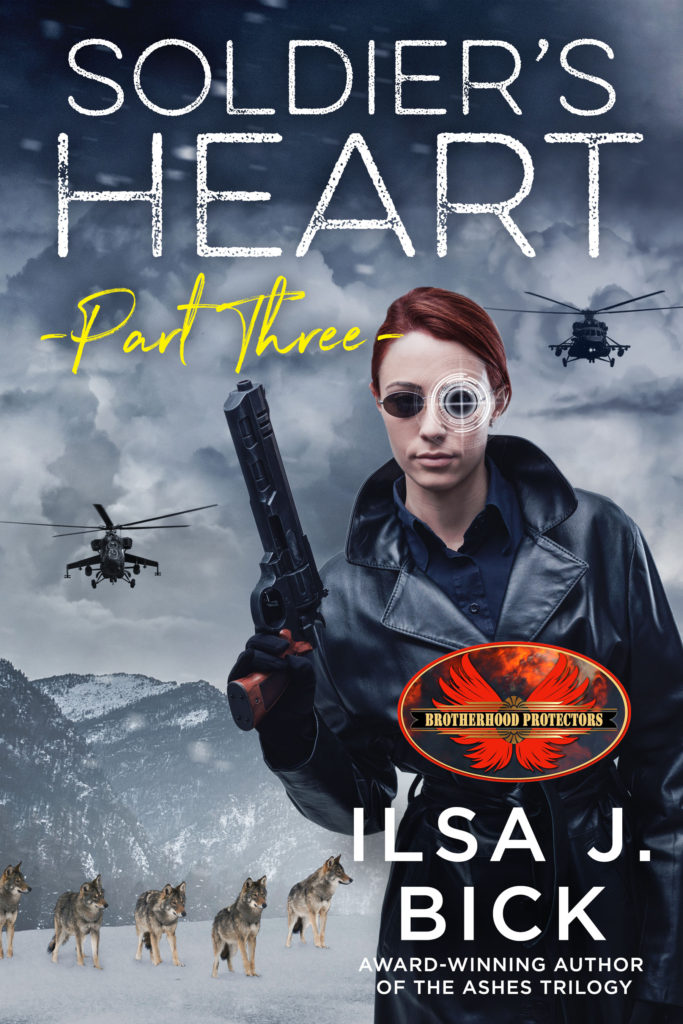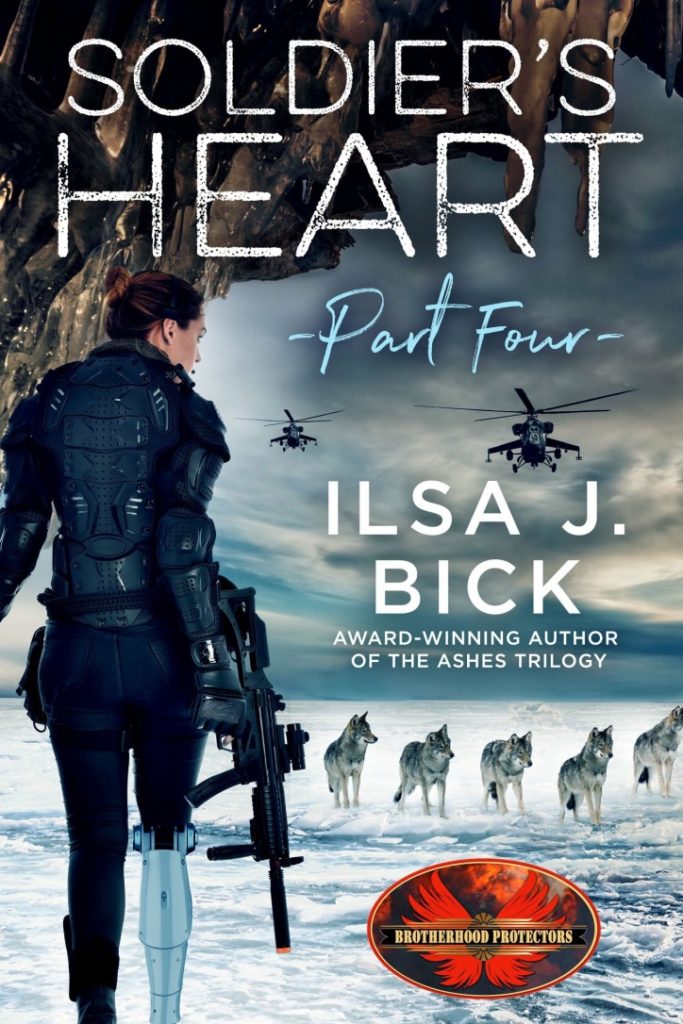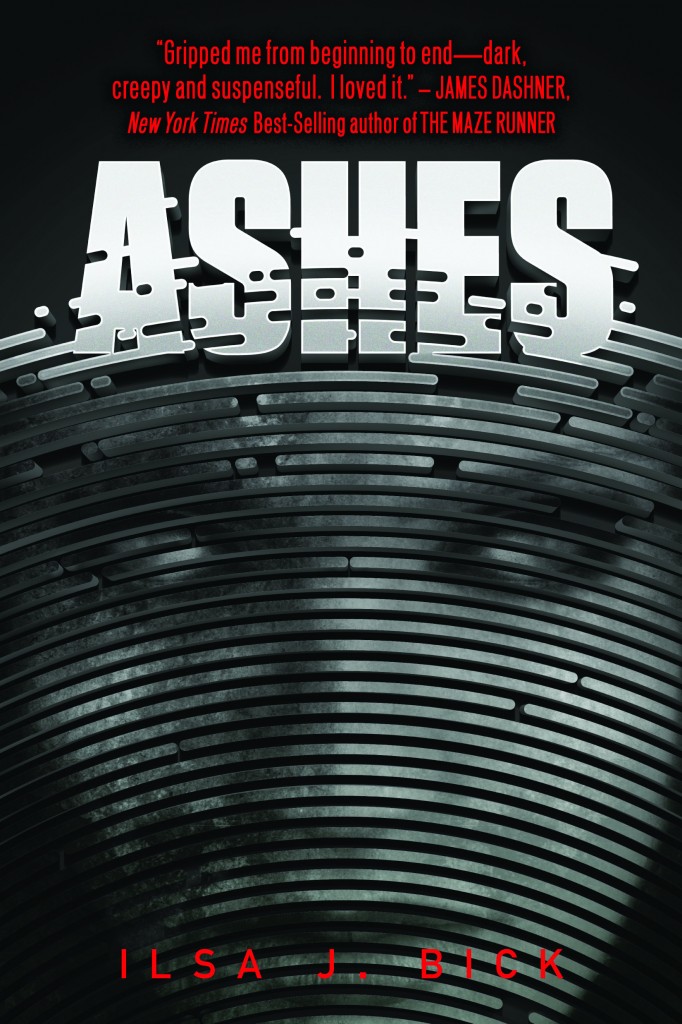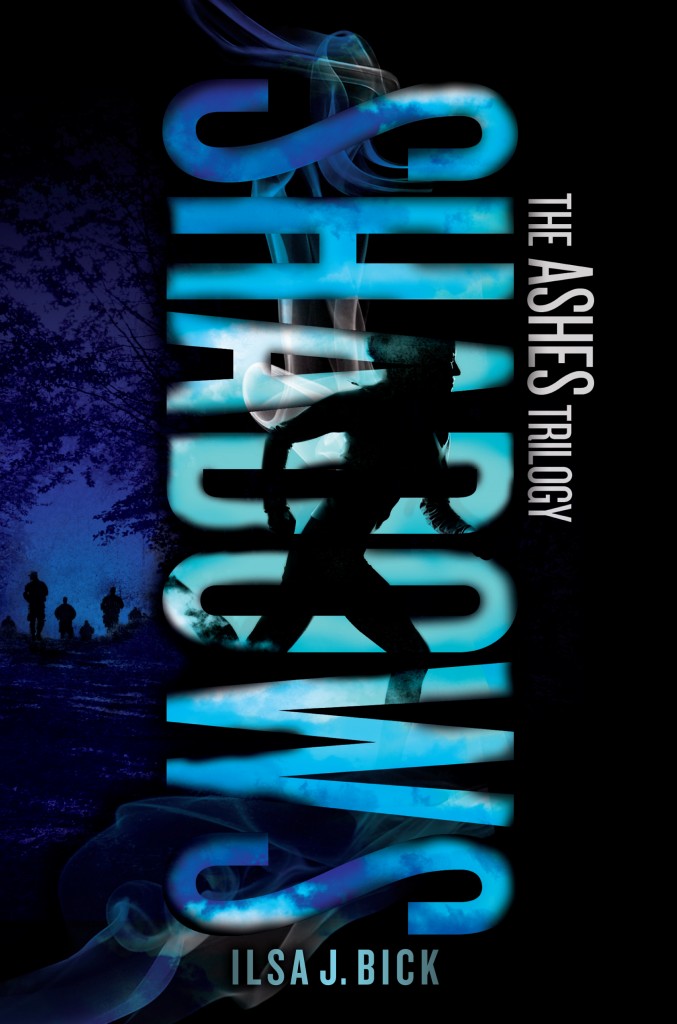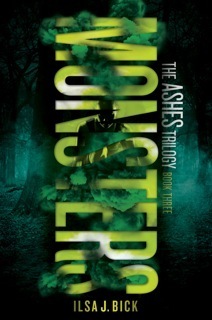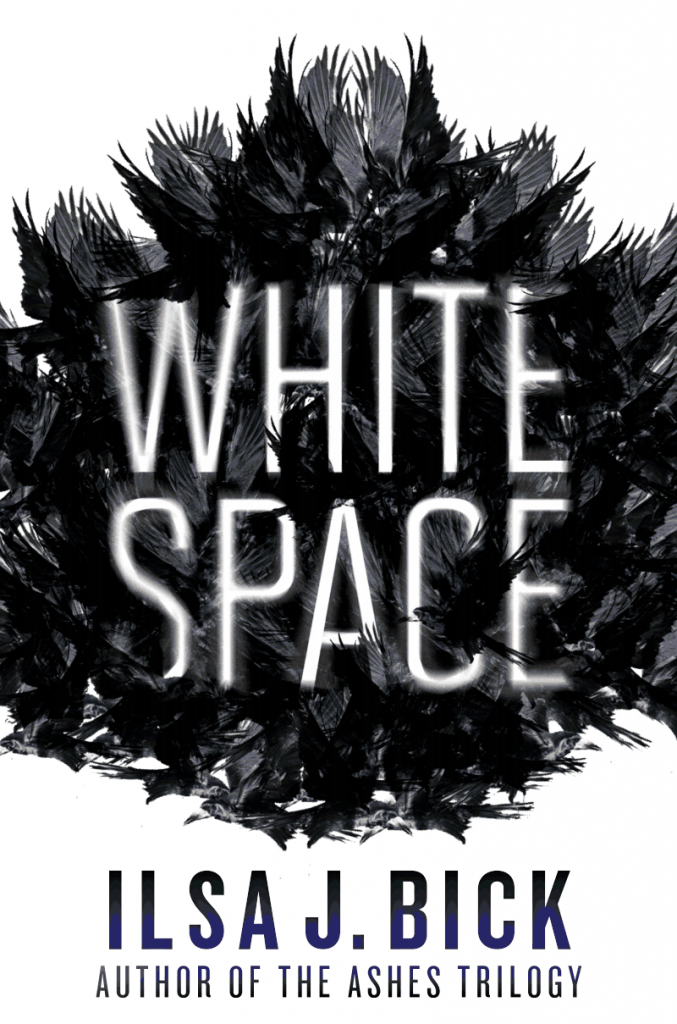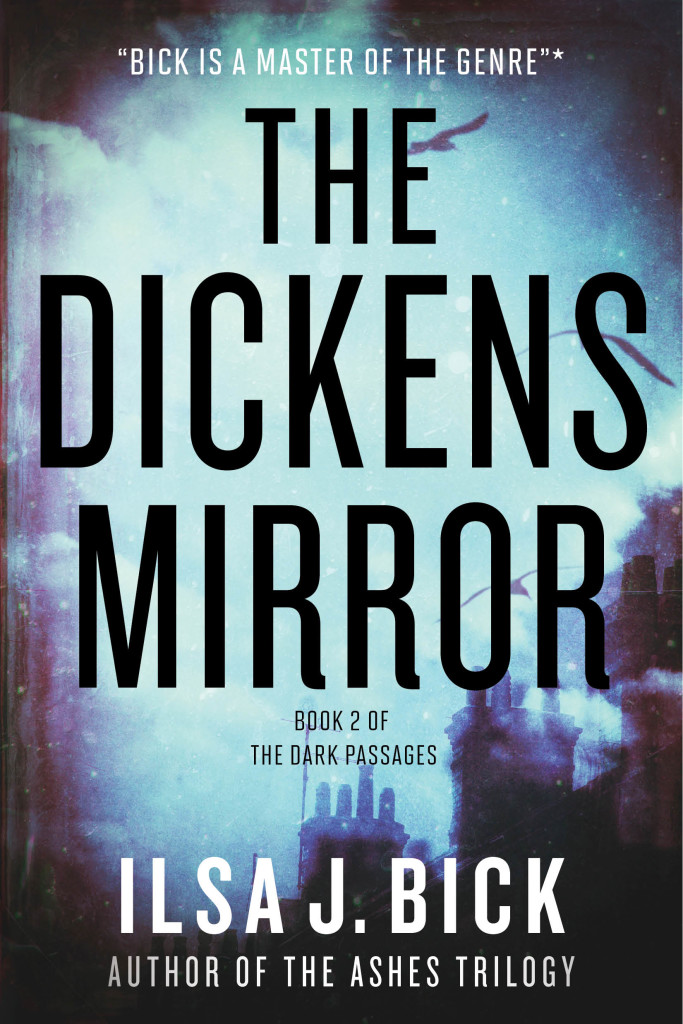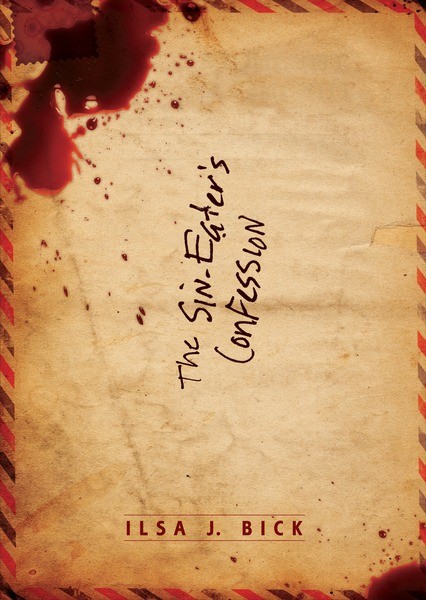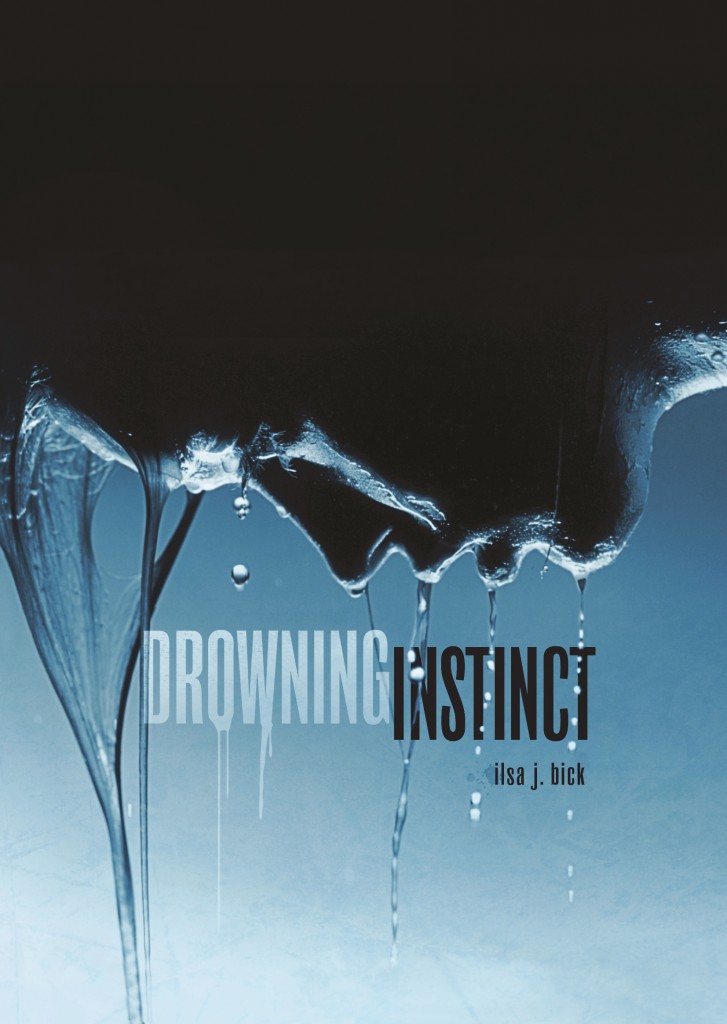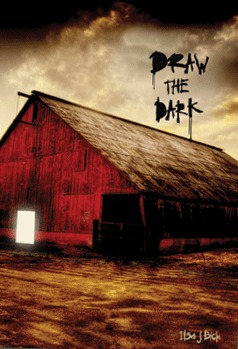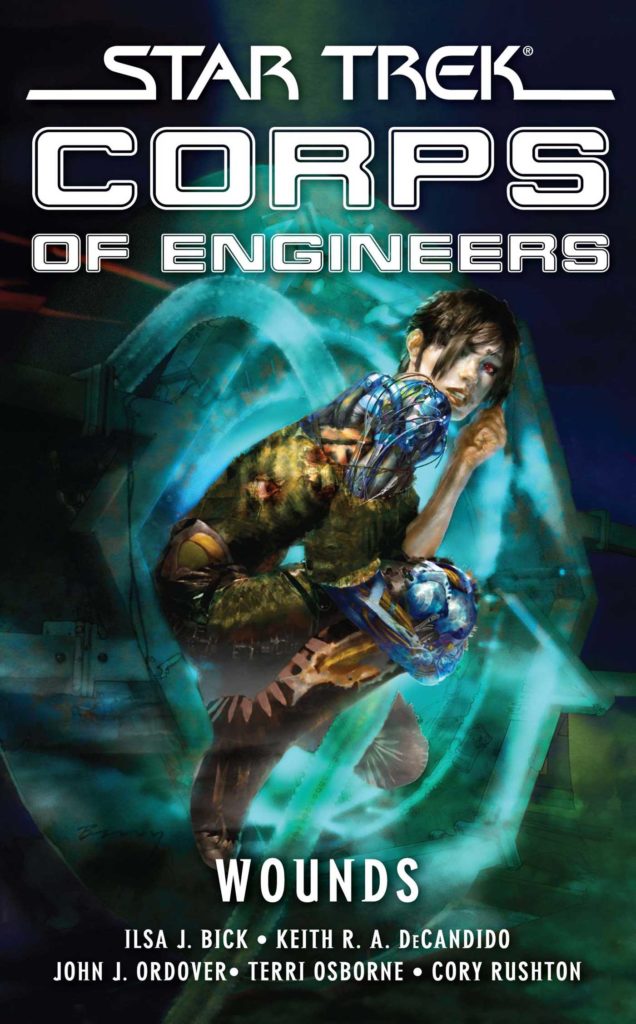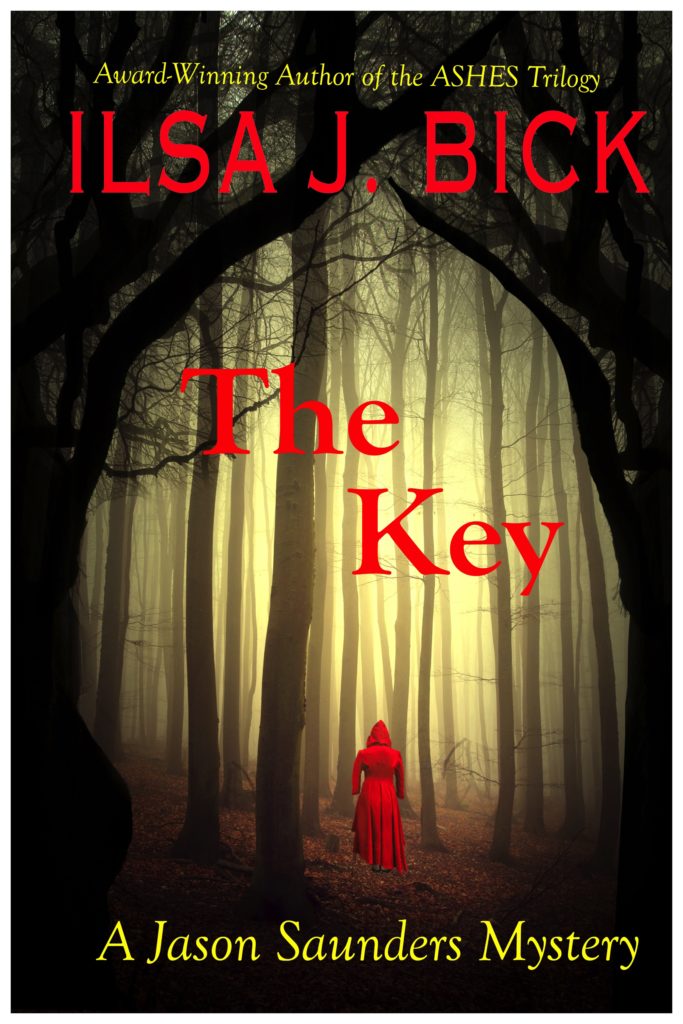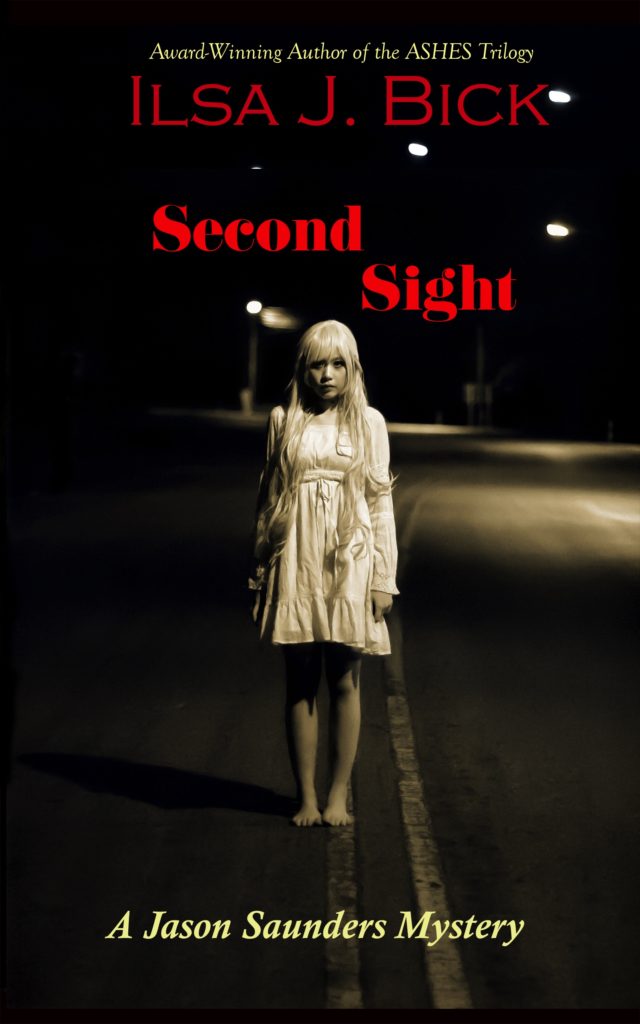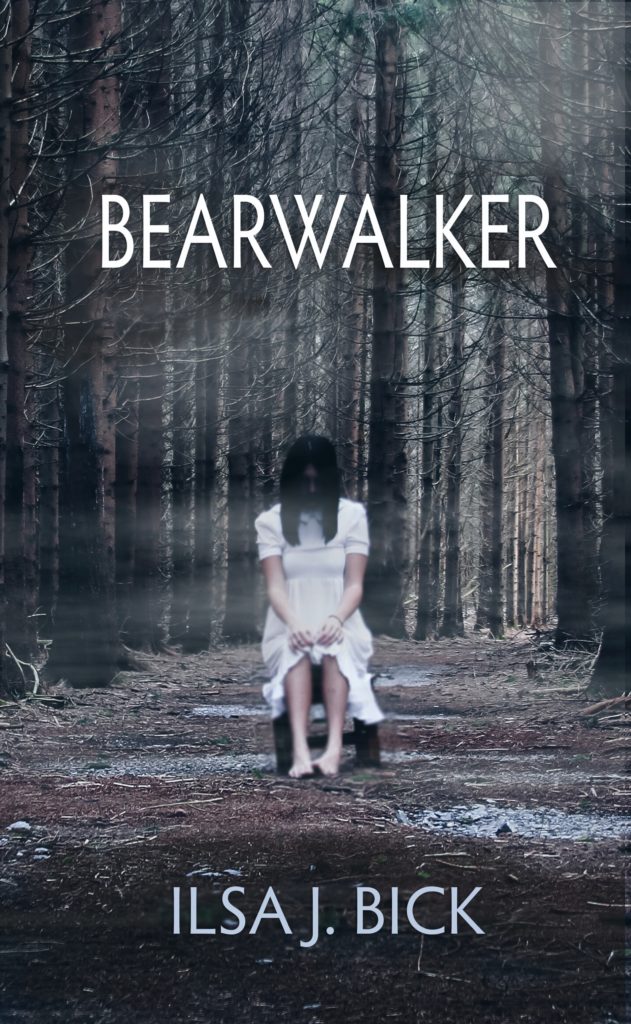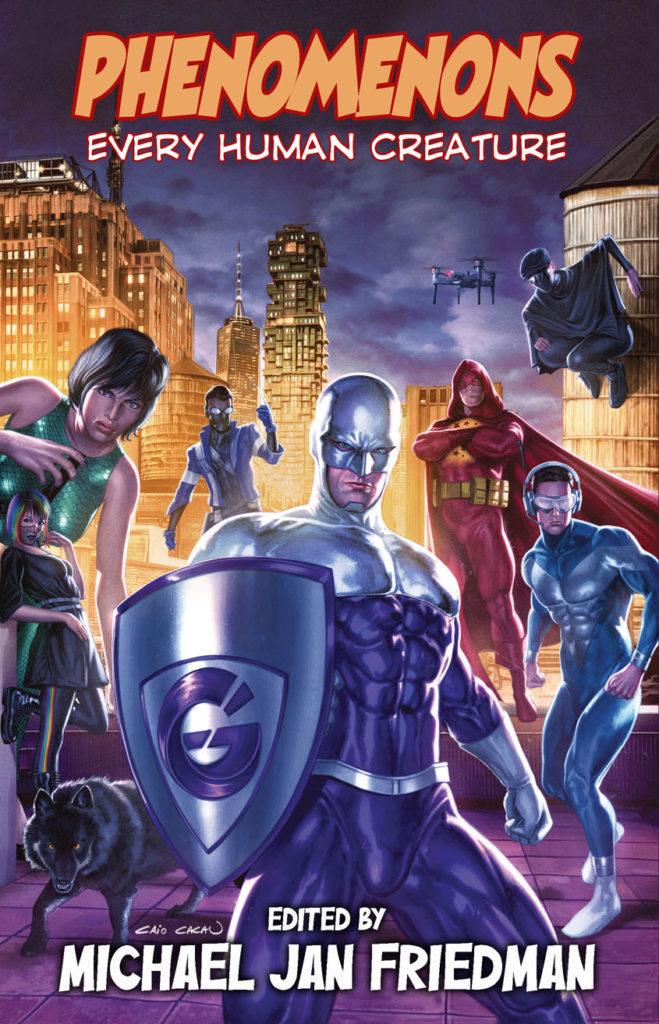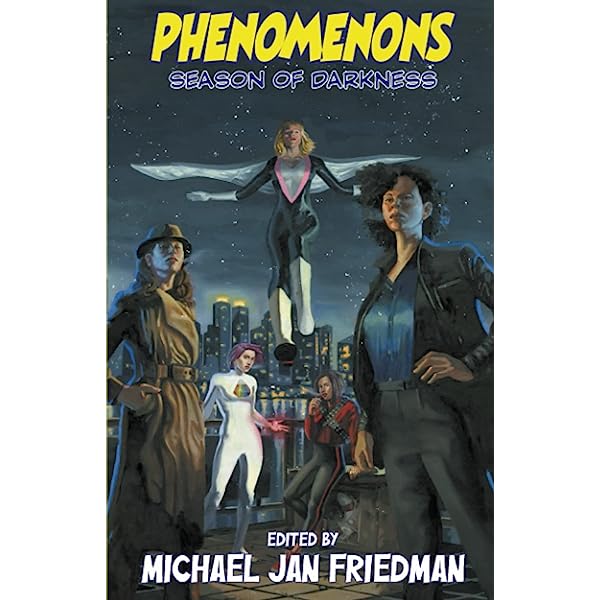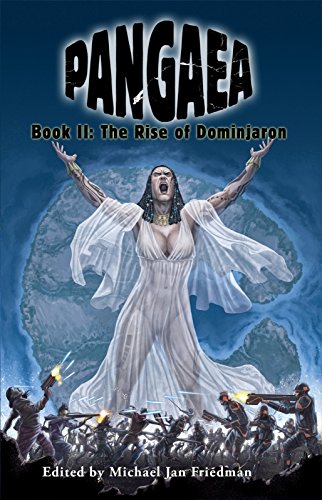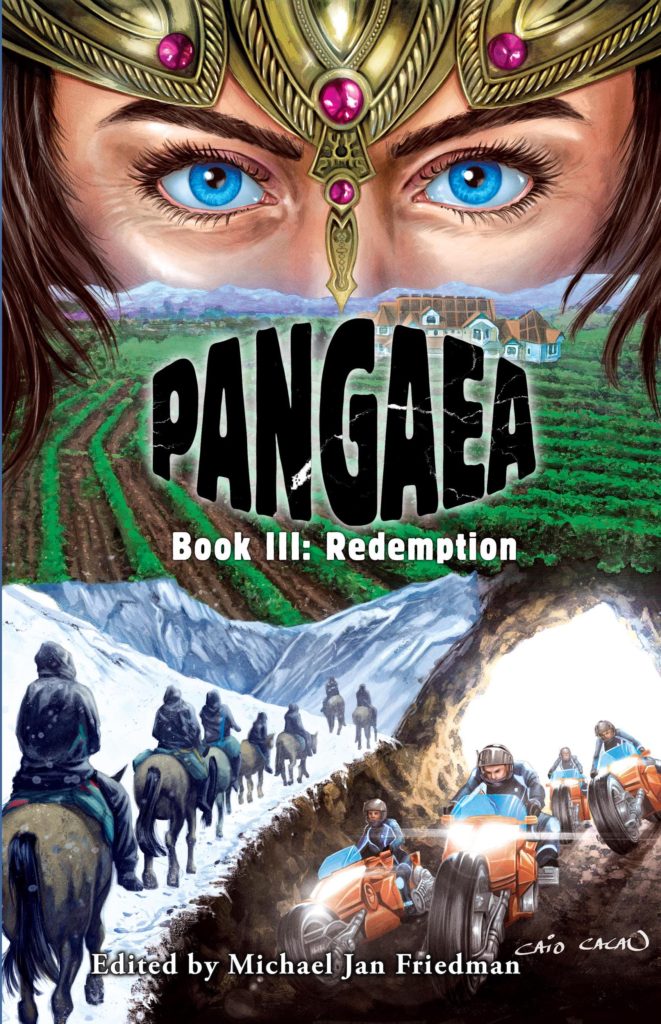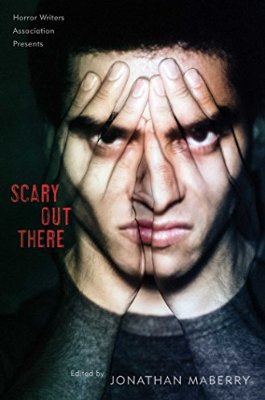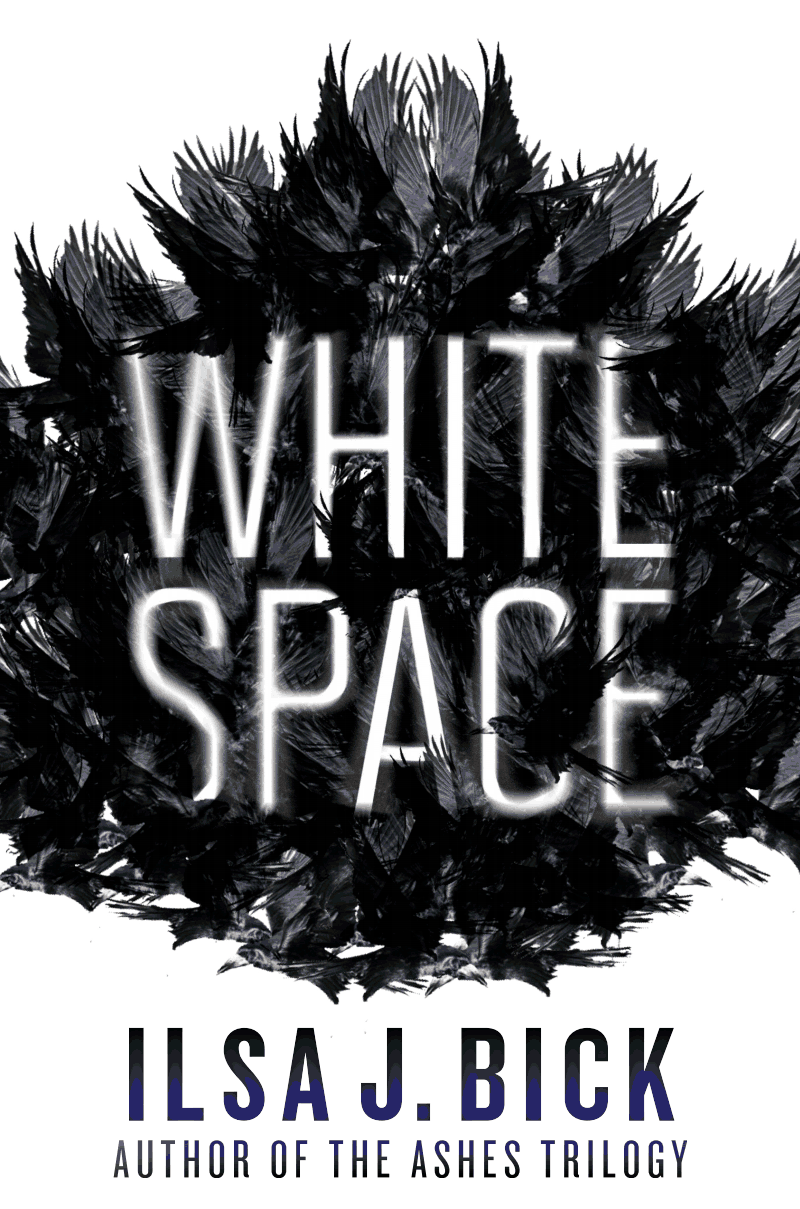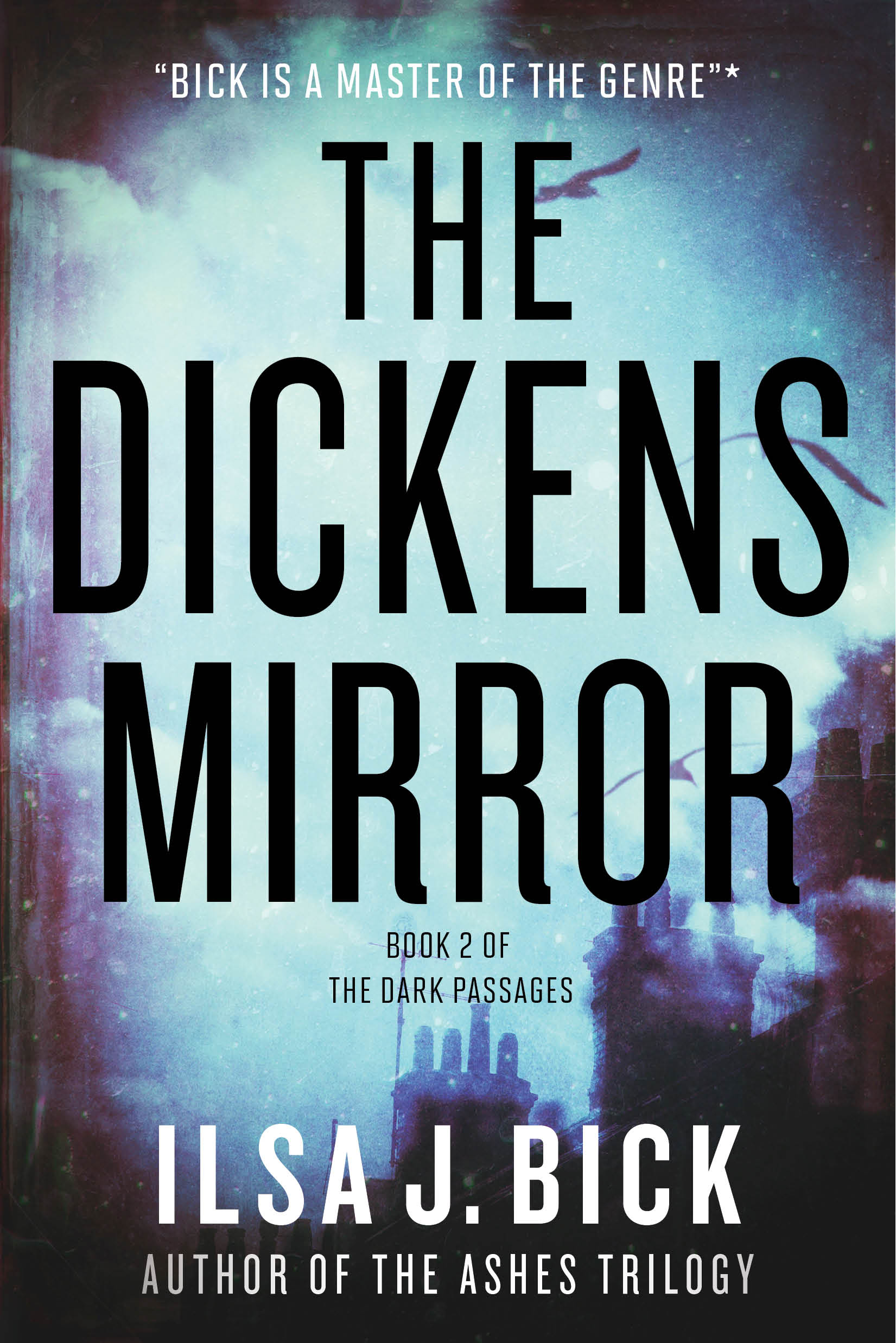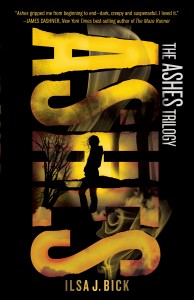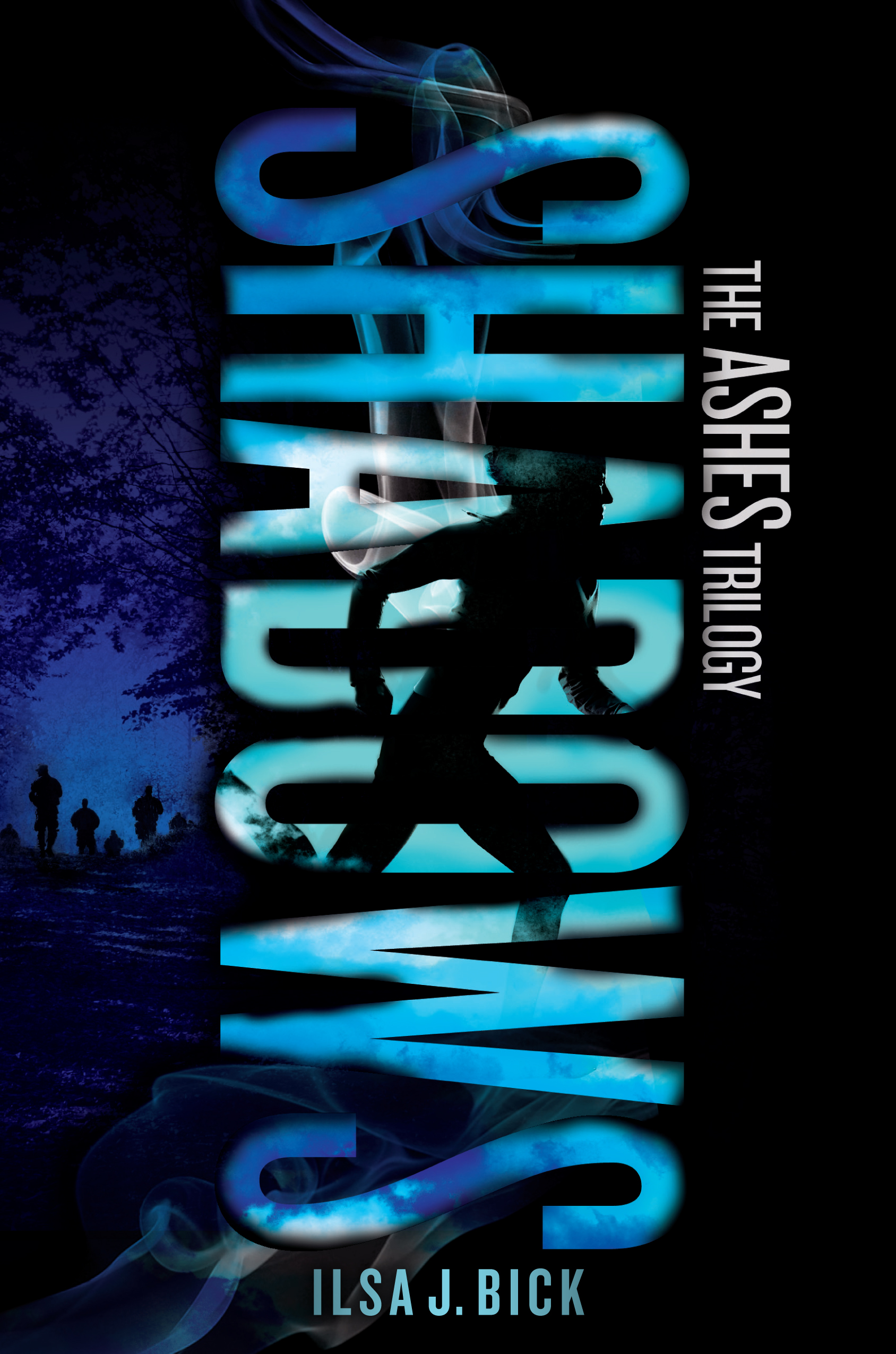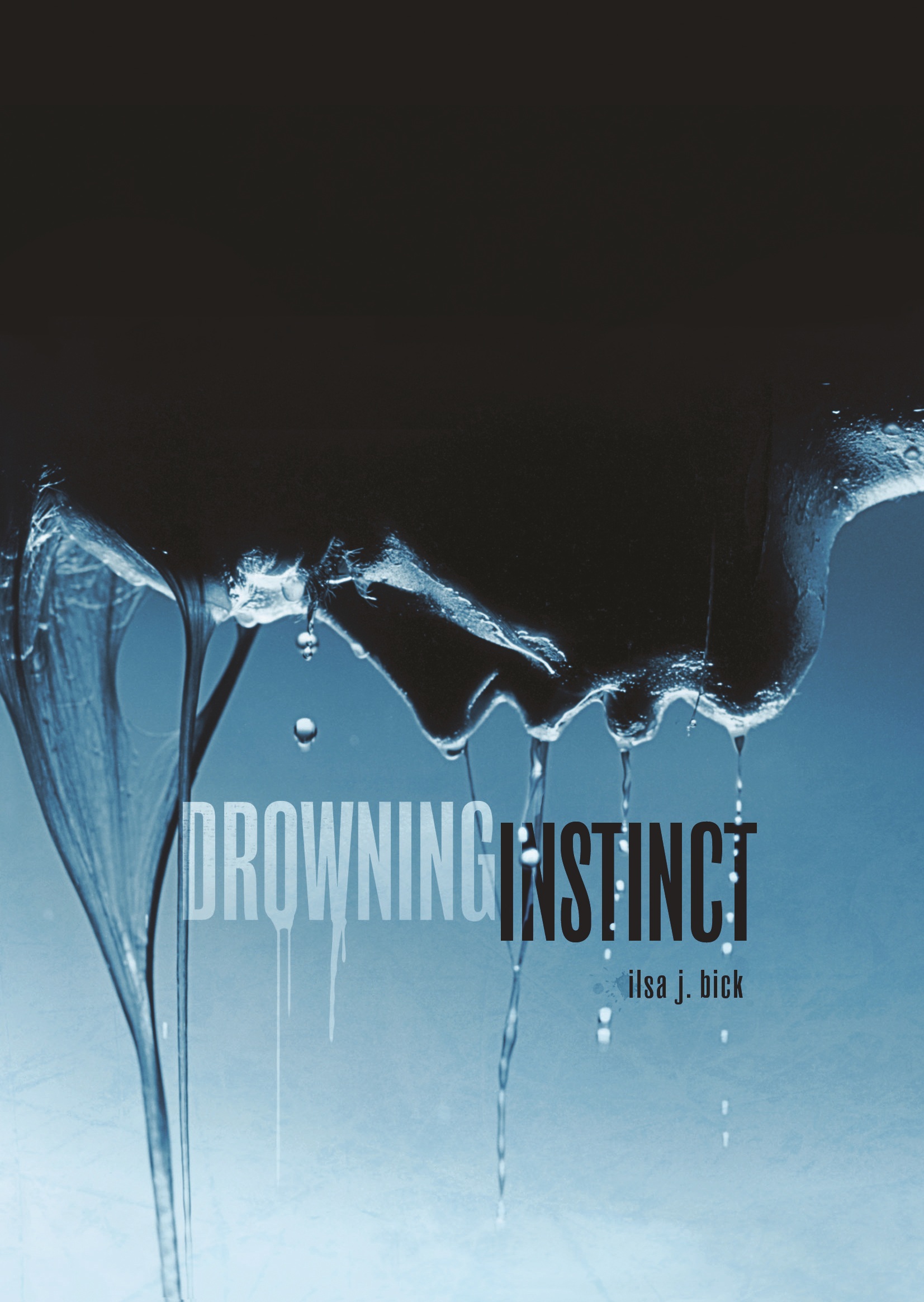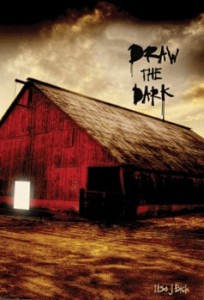It’s shocking how much flies by when I’m deep in writing-mode. Considering that I always seem to be writing something, I guess that means a lot slips on by because, really, the writing comes first, even before feeding my husband. The cats, I never forget, but since they’re around all the time, that’s not bloody likely anyway.
Which is all by way of saying: yes, I’m late. AGAIN. I get ticked off about that. It’s not one of those oh-but-I-didn’t-have-time deals. Everyone has the same 24 hours I do. It’s that I chose to focus on banging out pages rather than taking a day off to do the blog. But intense write-mode also means that I had less time I wanted to take off to read (and listen and look)–and a little less patience, too. If the book didn’t grab me by the first 40 pages or so, I just put it down and moved on. The number of books I actually read all the way through was shockingly few this past month–and one book, that was quite intriguing, I’m not going to recommend because there were enough problems that I just can’t say, oh boy, you got to read this. There was some stunning writing and a nifty situation/setup . . . but, also, a lot of false notes. So, better to say nothing at all.
Similarly, there were quite a few bestsellers in the mix that, again, I kind of went <scratch-head> wuh? So they’re not here either.
I also have a few more movie recs than usual, mainly because I watch movies as I exercise. Passes the time and I get to catch up on shows and movies that slipped by when I was, well, in writer-mode. (See? I told you: it’s all the bloody time.)
Oh, and one more thing: You’ll notice that, whenever possible, I list the book through IndieBound instead of Amazon. Because, you know, we ALL know that you can find anything on Amazon, but brick and mortar bookstores are important, folks. Yeah, yeah, readers are nice and convenient, and it’s great when the UPS guy brings you that little Amazon box, but there is NOTHING quite as nice as a good, slow browse that gives you the time to appreciate all the work and thought that went into the entire package, from that eye-catching cover to the font. And you get to skip around to the middle of the book and see if you’re still as intrigued by the writing as you were by that first sentence and paragraph. Just saying . . .
So let’s get on it.
READS
Beaufrand, Mary Jane; The River (Little, Brown and Company; 2010). I try to read books that are up for awards, and this YA mystery’s in the running for an Edgar this year. Set in rural Oregon, this story revolves around the mysterious death of a little girl and her older friend’s attempts to both solve and come to terms with her death. I found this story to be very engaging, but the skilled and/or veteran reader will figure this out in three seconds and there are a few sections–all the river-is-talking stuff–that are simply unnecessary. Similarly, the end was kind of . . . well, a head-scratcher if only because abandoning the world that Beaufrand so carefully constructed seemed like a cop-out. So that’s not the reason to read this. What Beaufrand does very well is setting (as in where you are) and developing a very nice set of supporting characters. I found the parents in this story–with all their foibles and problems–to be particularly well-done. I don’t know if this will win or not, but it’s really a nice read and deserves your time.
Gray, Melissa; All Cakes Considered (Chronicle Books; 2009). A cookbook. Ilsa, are you serious? Uh, yeah. See, I love cooking; I love cookbooks. Cooking is how I relax after a hard day pounding that keyboard. Sometimes, when I’m in intense writer-mode, we eat crap. Most of the time, though, I try to put some care into dinner because it’s the only time I see my husband and–honestly–there are so many interesting cuisines out there. Plus, I live in rural Wisconsin, which means that if I want bim-bim-bap, I got to figure out how to make it myself. So I’ve got a book of medieval recipes as well as Greek, Roman, Korean, a couple Indian, the obligatory Moosewoods . . . all that stuff. Cooking is fun and an adventure and, for me, largely impressionistic. Sure, I follow recipes, but they tend to be a little forgiving.
Baking is another story. I’m always a little intimidated because so many recipes seem so precise. And, truthfully, I’m not that much of a dessert fan. Just never developed a taste for it, although I do like cake. But then there are only so many places to spread those calories, you know?
For the book I just finished, though, a cake was important. So I had to figure out how you might be able to bake one without an oven-oven. That led to all kinds of research, including this cookbook I picked up at Mount Vernon. See, Martha Washington used to make this immense Great Cake, this fabulous Christmas cake with eggs and butter and all sorts of fruit and nuts . . . anyway, I thought, wow, I got to make that someday. So far, I’ve made a couple of the steamed pudding recipes (love persimmons) but never attempted the cake. But I pulled the book out again while writing–and thought, hunh, I got to read a good book on baking, period, something that tells me why I need to cream butter at room temperature and all that. Just curiosity.
So I happened on Gray’s book–and it’s great. Not only that, I discovered that Gray had the same idea I did: bake Martha’s cake (and she includes the recipe in the book). There are over 50 recipes here so you go from easy pound cakes to more complicated layer cakes, with some fun cookies and things like that thrown in for good measure. So, want to do a kind of low-key Julia Child thingamabob? Bake a cake a week, which is what Gray did (and still does) for her NPR pals.
MacCready, Robin Marrow; Buried (Dutton Juvenile; 2006). Okay, so having looked at one Edgar nominee, I went back and re-read this Edgar winner. I remember the first time I read this story about a high school senior’s pretty creepy disintegration after her alcoholic mother disappears, and I feel the same way now as I did then: like, shoot, why didn’t I think of that? (Okay, I used stronger language.) I had the ugly green envies for a week. This is a fabulously well-done psychological mystery that manages to be both highly believable and genuinely weird–because, really, self-deception is what this book is all about. As a shrink, I’ve heard and seen some pretty out-there stuff, and this rang true for me throughout. A highly satisfying read that deserved its award. Give it a shot.
Reinhardt, Dana; The Things a Brother Knows (Wendy Lamb Books; 2010). The premise here is pretty interesting: older brother goes off to war; comes back to his family; acts pretty weird and withdrawn, leaving his younger brother to wonder whatever happened to the guy he admired. Now, this is a setup for a descent into caricature. It’s to Reinhardt’s credit that this book doesn’t–and what makes it a standout is the added twist that the dad in this story is Israeli. The grand-dad’s Israeli. Mom’s American but would happily have stayed in Israel for the duration, but the dad wanted to come to the U.S. and have a better life than he might have hanging around a kibbutz.
Now why is this important? Because military service is mandatory in Israel. Everyone does it, girls and boys. This is a country surrounded by enemies after all, most of whom would be happy to wipe Israel off the map. So the military is not the foreign animal it is for a lot of people in the U.S. who don’t serve, or know no one who has served, or even care. What Reinhardt does here, very well, is present a picture of a family coping with the aftermath of a soldier dealing with the aftermath of war. That alone is worth the read. I have to admit that the book is a little clunky; there’s a lot of exposition and repetition, but once the kid and his brother hit the road (the brother won’t get in a car and walks to D.C.–from New York), this book picks up speed. The end wasn’t all that shocking or revelatory; you can see it coming a mile off. But that’s not the issue here. This is a story about growth and a journey toward self-awareness and empathy for others. It’s a fast read and worth the time.
LISTENS
Sadly, I had time for only one listen this month, but it was great.
Koontz, Dean; Strange Highways (Time Warner AudioBooks; 1995); narrated by James Spader. Okay, listener be warned: these are cassettes (four of them) and all you’ll get from this volume of early Koontz is the title story. But, boy, it’s a doozy. I’ll be honest; I chose this because I love James Spader as an actor and think he’s got a fabulous voice. He can read the phone book as far as I’m concerned. He does a great job with this story and that’s a good thing because this is not one of Koontz’s best (in terms of actual writing). This is an extremely early work (I believe he wrote this when he was about 20) and a bit clunky, with unnecessary detail. Spader’s narration makes that a lot easier to get through; I suspect if I had to read this, I’d be skimming big chunks. Nevertheless, this eerie tale of second chances, fraught with religious mysticism, is very good; you can see that, from very early on in his career, Koontz has been focused on themes to which he’ll return time and again. After listening to this, try Velocity next; also a worthy listen.
LOOKS
The Ghost Writer (Roman Polanski; 2010). Based on Robert Harris’s The Ghost (retitled The Ghost Writer after the movie’s release), this stylish mystery follows an unnamed professional writer who’s called in to “ghost” for another writer in the middle of ghosting the memoirs of a British PM. With me so far? So the first writer dies in a mysterious accident. The second ghost begins to suspect the first writer was murdered and struggles to figure out why before he’s summarily dispatched, too. This fine movie stars Ewan MacGregor as The Ghost and Pierce Brosnan in a great turn as the cynical British PM (clearly modeled after Tony Blair). Hitchcock’s influence here is evident throughout, from the music to the situation. Great fun, very involving and the end evokes the gut-punch of Vertigo while being so very Polanski (think Chinatown).
The Talented Mr. Ripley (Anthony Minghella; 1999). Gosh, who knew Minghella could direct AND write great screenplays? I didn’t, until I realized that this guy directed some of my favorite films. This fabulous Matt Damon movie about a chameleon-like, highly charming sociopath also features a superb supporting cast in Jude Law, Cate Blanchett, Phillip Seymour Hoffman and Gwyneth Paltrow (when she was actually making decent movies). Based on the 1955 book by Patricia Highsmith, this is also a wonderful meditation on class distinction and homosexuality. That final sequence is just . . . wow, what a great shot.
Toy Story 3 (Lee Unkrich; 2010). I love these films. This (likely) final installment in the series revolves around Andy’s imminent departure for college and the toys facing up to their own obsolescence. Really, where do toys go and what happens to them when kids no longer wish to play with them? This film about loss and separation–about knowing when it’s time to let go–made me want to run home and find the few old stuffed animals I have from when I was a kid and give them a hug–just for old time’s sake.
